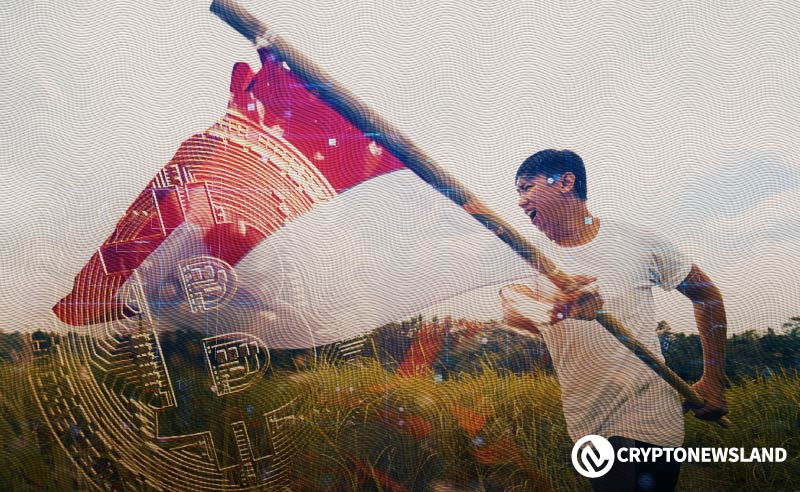- Indonesia is considering banning Telegram due to insufficient moderation of illegal content.
- Telegram risks losing 27 million Indonesian users.
- Bigo Live faces similar scrutiny for failing to address illicit content.
A ban on Telegram is being seriously considered by the Indonesian government because of ongoing concerns about the platform’s inability to filter illegal content. This move comes in response to Indonesia’s persistent demands that Telegram handle problems pertaining to the dissemination of illegal content, such as online pornography and gambling. This comes after the arrest of Telegram’s founder Pavel Durov.
Telegram’s Insufficient Moderation Efforts
Budi Arie Setiadi, Indonesia’s Minister of Communication and Informatics, highlighted the nation’s mounting worries regarding Telegram’s moderation efforts. He emphasized that Telegram has not done enough to stop the dissemination of illicit content on its network.
Furthermore, Telegram has not lived up to the government’s expectations, even though the company has promised to improve its content moderation. As a result, Indonesia is currently considering the possibility of completely banning the messaging app.
Potential Ban to Affect Millions of Users
Notably, more than 27 million Telegram app downloads originate from Indonesia, making it a significant market. With Indonesia being the third-largest user base worldwide, a ban on Telegram would have a substantial effect on its user base.
Moreover, if Telegram is unable to address these moderation concerns, it may have negative effects on its reputation worldwide and have serious repercussions for its presence in Indonesia.
Bigo Live Also Under Scrutiny
In addition to Telegram, The Indonesian government is also considering outlawing Bigo Live, a live-streaming app run by Bigo Technologies, a company based in Singapore. Like Telegram, Bigo Live has also come under fire for allegedly ignoring reports of illegal content on the platform. It has been warned to both platforms that they risk being removed from the Indonesian market if they do nothing.
Indonesia’s position on these platforms emphasizes how crucial it is for social media businesses doing business there to moderate content effectively. The resolution of this matter may establish a standard for other countries encountering comparable difficulties with digital media.

